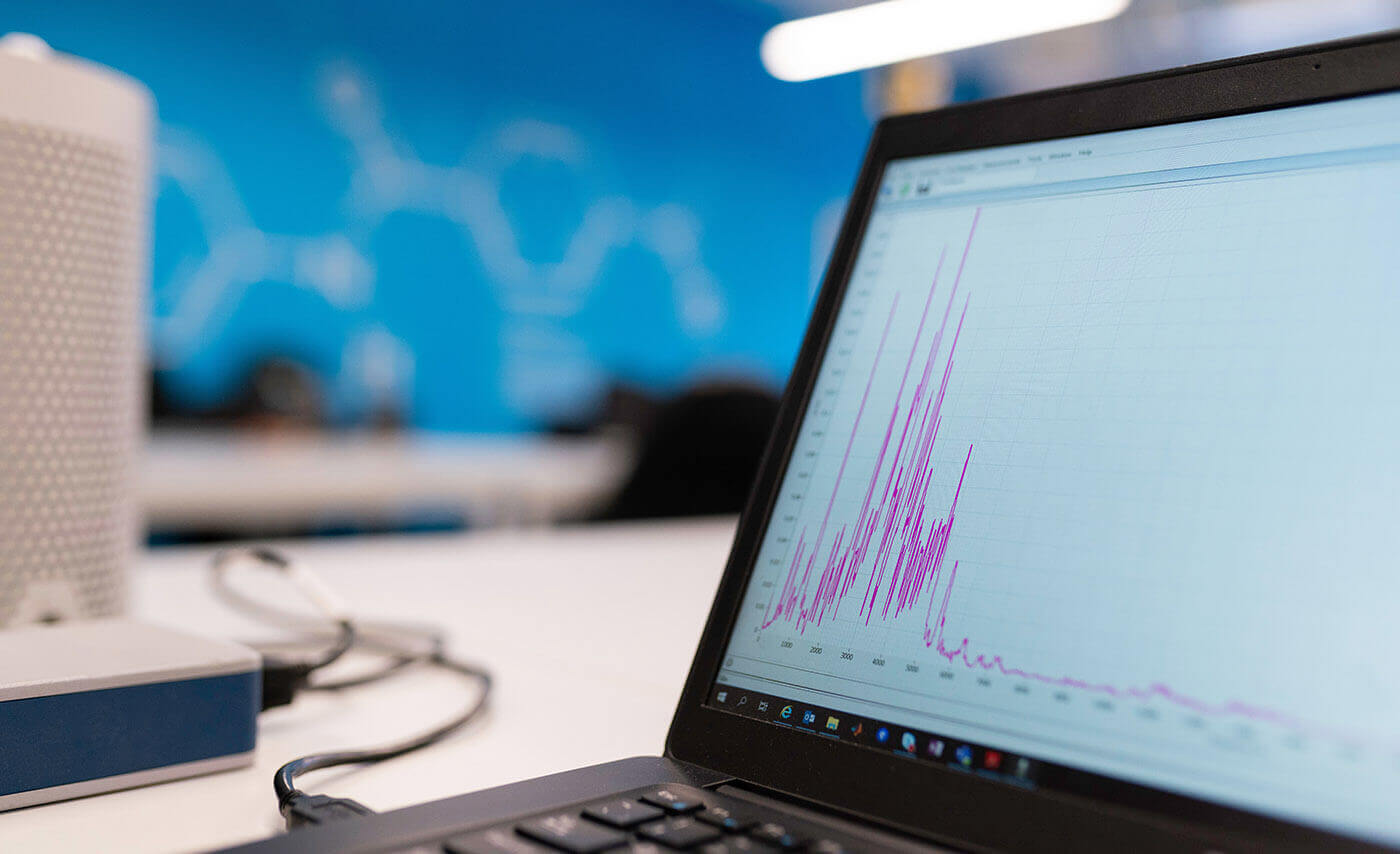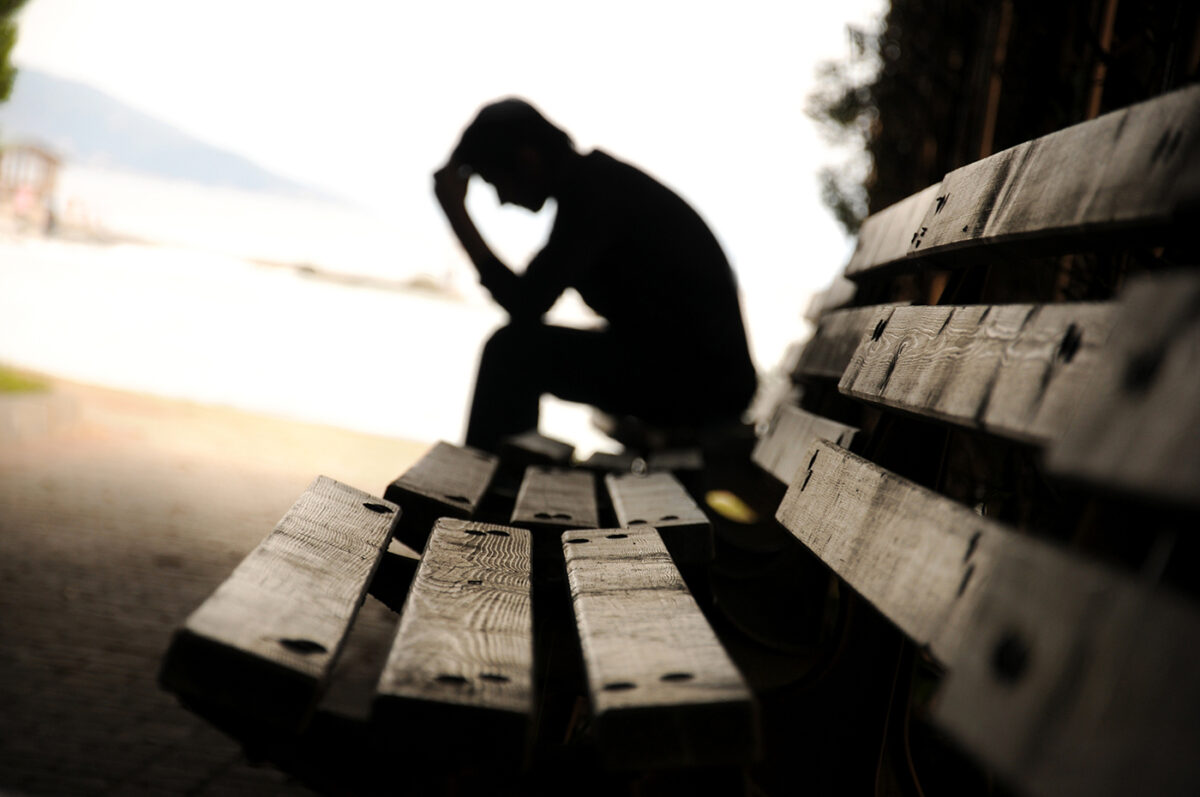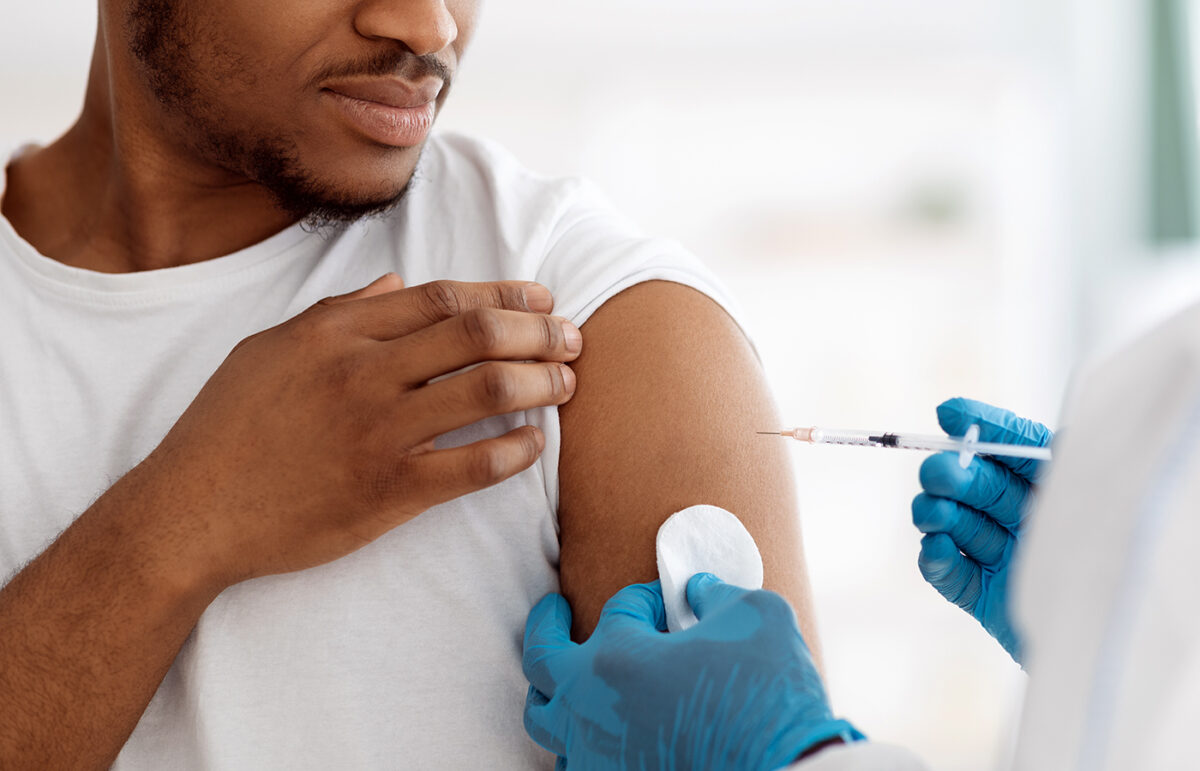
A new U.S. Census Bureau survey shows that Arkansans have been greatly impacted by the COVID-19 pandemic and are reporting alarming rates of loss in employment income, food scarcity, and delayed medical care.
Data collection for the Household Pulse Survey began on April 23, 2020, and is expected to continue through the end of July, with new data released on a weekly basis. This rapid cycle of collection and release is intended to help inform federal and state policymakers on the challenges the pandemic is placing on citizens throughout the country and help direct strategies for recovery planning.
Survey results capture data across six distinct areas:
- loss in employment income
- expected loss in employment income
- food scarcity
- delayed medical care
- housing insecurity
- K-12 educational changes
The Census Bureau has developed an interactive tool to view results of the survey. Users can view results for states or for select large metropolitan areas.
Below are some observations on Arkansas-specific data:
- Loss in Employment Income — Arkansans reporting loss in employment income ranged from 36.3% (Week 3) up to 39.5% (Week 6). Arkansas fared better on this measure than the national average reported across all weeks, with the U.S. average ranging from 47% (Week 1) up to 48.6% (Week 3).
- Arkansas fared better than all surrounding states on this measure, particularly compared to Louisiana which experienced its highest rate of reported loss in employment income, 55.7%, in Week 2.
- Food Scarcity — Arkansans reporting food scarcity ranged from 7.9% (Week 4) up to 14.9% (Week 6). Rates of food insecurity in Arkansas were often higher than national averages, particularly in Week 6 (the U.S. average was 10.3%, compared to 14.9% in Arkansas).
- Delayed Medical Care — Arkansans reporting delays in medical care ranged from 36% (Week 3) to 41.4% (Week 6). Compared to national averages, Arkansans were slightly less likely to delay medical care due to COVID-19, with U.S. averages ranging from 38.7% (Week 1) up to 41.4% (Week 5).
- Missouri and Oklahoma residents were less likely to report delays in medical care than Arkansans; Louisiana and Mississippi residents were more likely than Arkansans to report delaying medical care.
- Housing Insecurity — Arkansans reporting housing insecurity related to COVID-19 ranged from 23.3% (Week 2) up to 29.4% (Week 3). Compared to national averages, Arkansans reported slightly higher rates of housing insecurity, with U.S. averages ranging from 22.1% (Week 6) up to 25.4% (Week 3).
- K-12 Educational Changes — Arkansans and residents of all surrounding states reported high levels of COVID-19-related impacts on education from Week 1 through Week 6, with at least 97% in each state reporting changes experienced by K-12 students in their households. This level of impact is not surprising, given states’ actions to close school facilities and switch to online learning due to COVID-19.






